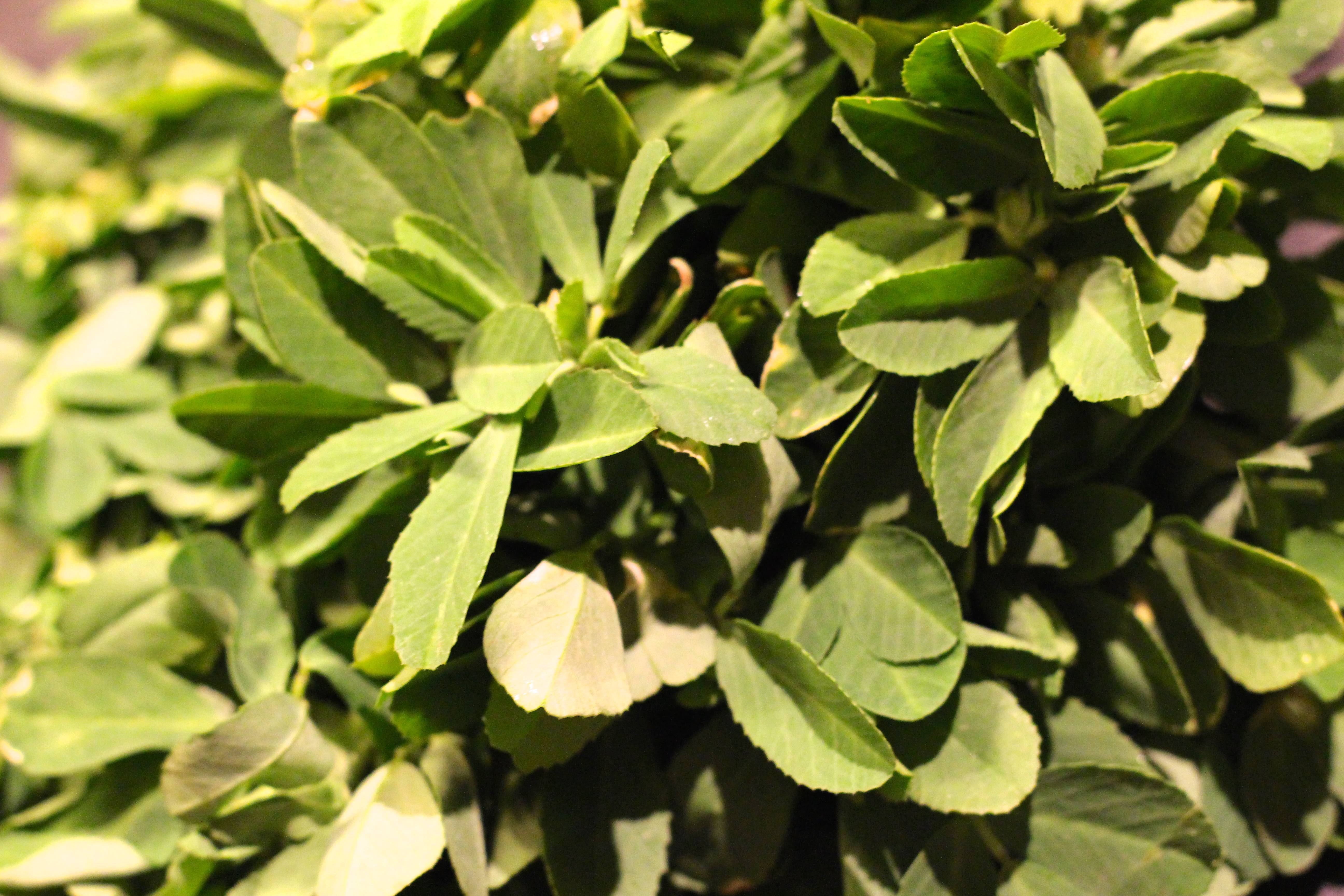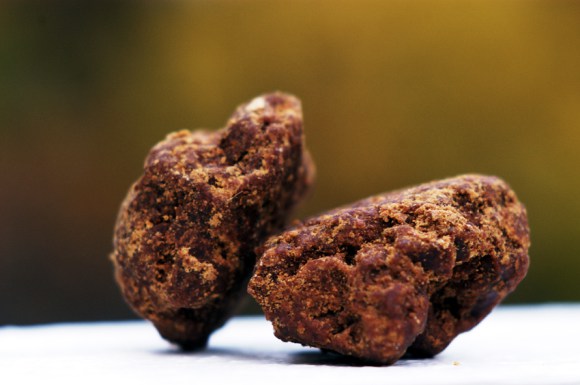Iron deficiency is something women often struggle with, both for physiological reasons and because women eat less. The need for iron is generally greater than in men. As a vegetarian, you are even more at risk, and those with celiac disease or other intestinal diseases have poor absorption of iron from the intestine. With iron deficiency, the blood does not transport as much oxygen as we need, which is why you become tired, short of breath, have pale skin, headaches and difficulty concentrating. As I am in some of the above categories, I have always been concerned about what I put in my body. Early on, I found out that iron stores must be increased by consuming food and drinks or tablets. Vitamin C increases the absorption of iron, so it is a good idea to eat iron-rich meals with citrus fruits or orange juice. Ingestion of tea, coffee and milk together with iron-rich products prevents the absorption of iron in the body. An article from the Norwegian Celiac Association states:
“Several different studies show that between 7-10% of those with low iron status turned out to have celiac disease. It is therefore recommended that both children and adults with unexplained iron deficiency anemia be tested for celiac disease.” 
You can find a lot of iron in dark and green leafy vegetables such as
fenugreek ; methi, arugula, salads,
coriander ,
mint and fruits. This applies to everything that turns black from being outside such as potatoes, apples, avocado, eggplant, etc. Otherwise, legumes, seeds (linseed, pumpkin seeds, sesame seeds, etc.), all kinds of nuts and raisins are good sources of iron, which is why I eat these. Other good sources of iron intake are cereals, oatmeal, spinach, beets, peas, broccoli, prunes and dates.
Molasses (gurd) is also an excellent source of iron and soon I will post a recipe for healthy molasses crackers with these things.

Here you can see foods that contain iron:
| 100 g food item |
Iron amount in mg |
|
|
| molasses |
30 |
| squash |
15 |
| sesame seeds |
14.5 |
| pumpkin seeds |
11.2 |
| red beans |
10 |
| nettle |
6.4 |
| parsley |
6.2 |
| flaxseed |
5.7 |
| soybeans |
5.1 |
| almonds |
4.7 |
| raw spinach |
4.5 |
| dried apricot |
4.1 |
| prunes |
3.9 |
| buckwheat, whole seeds |
3.8 |
| oatmeal |
3.7 |
| almonds |
3.7 |
| Cashew nuts |
3.6 |
| beef |
2.5 |
| egg |
2.2 |
| beetroot |
0.9 |
| pork |
0.7 |
| salmon |
0.4 |
| chicken fillet |
0.2 |
| cod |
0.1 |
Hope this helps in choosing iron-rich foods. Have a nice day!
 You can find a lot of iron in dark and green leafy vegetables such as fenugreek ; methi, arugula, salads, coriander , mint and fruits. This applies to everything that turns black from being outside such as potatoes, apples, avocado, eggplant, etc. Otherwise, legumes, seeds (linseed, pumpkin seeds, sesame seeds, etc.), all kinds of nuts and raisins are good sources of iron, which is why I eat these. Other good sources of iron intake are cereals, oatmeal, spinach, beets, peas, broccoli, prunes and dates. Molasses (gurd) is also an excellent source of iron and soon I will post a recipe for healthy molasses crackers with these things.
You can find a lot of iron in dark and green leafy vegetables such as fenugreek ; methi, arugula, salads, coriander , mint and fruits. This applies to everything that turns black from being outside such as potatoes, apples, avocado, eggplant, etc. Otherwise, legumes, seeds (linseed, pumpkin seeds, sesame seeds, etc.), all kinds of nuts and raisins are good sources of iron, which is why I eat these. Other good sources of iron intake are cereals, oatmeal, spinach, beets, peas, broccoli, prunes and dates. Molasses (gurd) is also an excellent source of iron and soon I will post a recipe for healthy molasses crackers with these things. 
